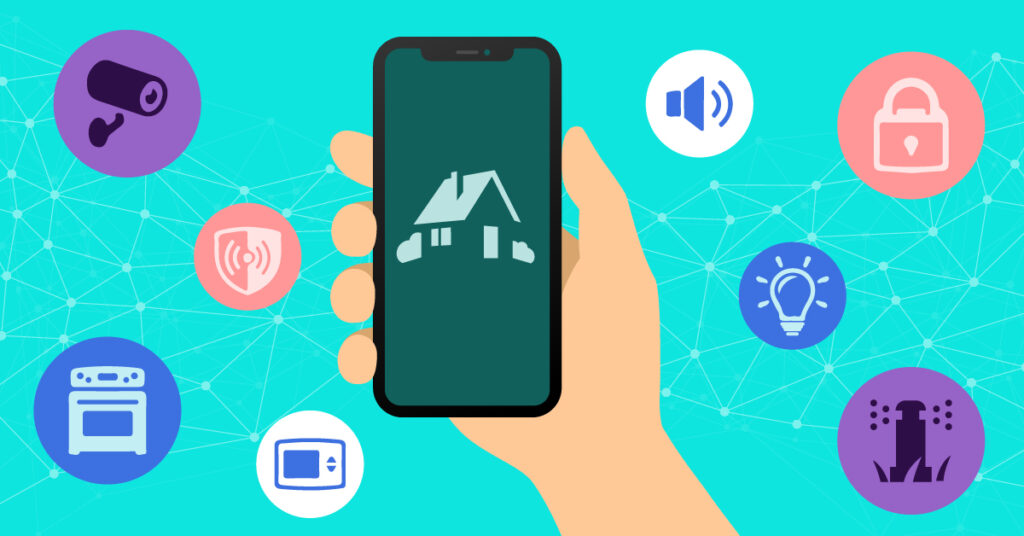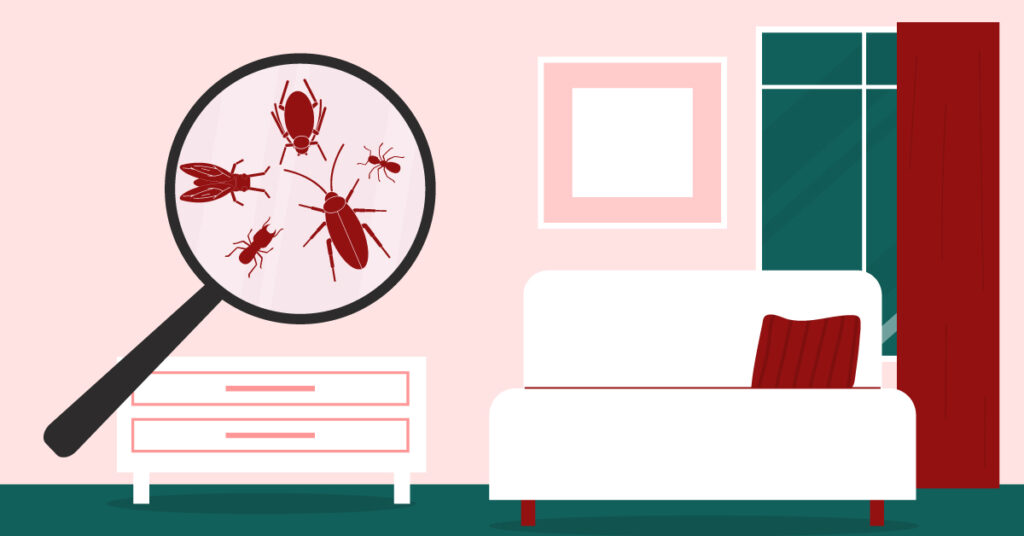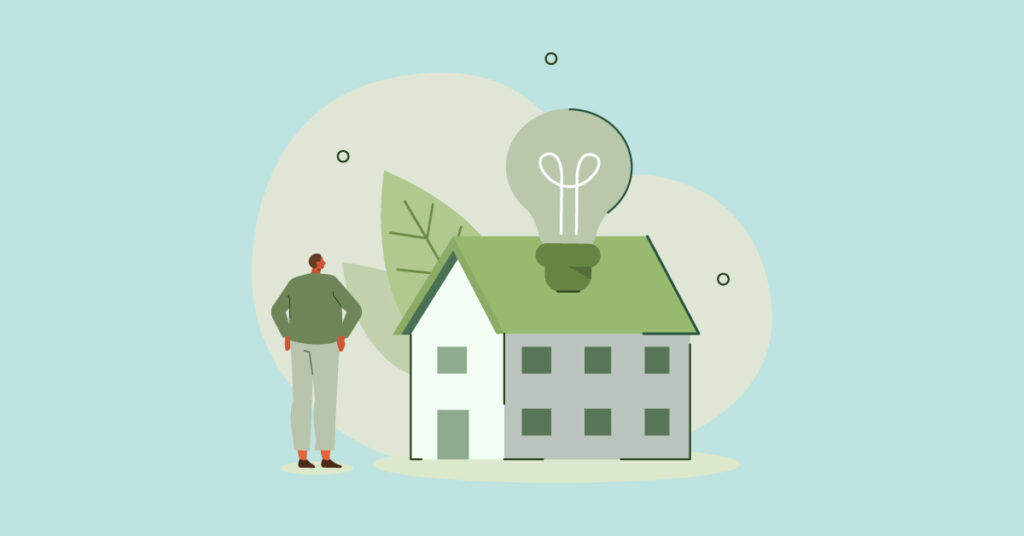Hurricanes are one of the most powerful and destructive phenomena in nature. Knowing how to prepare for and respond during a hurricane can mean the difference between safety and disaster if you live in a hurricane-prone area. Here are nine essential tips to help you stay safe during a hurricane.
1. Stay Informed
The first step in hurricane safety is staying informed about the weather. Pay attention to local news and weather forecasts. Signing up for local emergency management office alerts is always important, and consider downloading a weather app that provides real-time updates on storm developments.
2. Understand Evacuation Routes
Know your area’s evacuation routes and have a plan in place in case you need to leave. Authorities may order an evacuation if a hurricane poses a significant threat. Familiarize yourself with local shelters and make arrangements for pets if necessary.
3. Create an Emergency Kit
Prepare an emergency kit well in advance. It should include essential items such as water (one gallon per person per day for at least three days), non-perishable food, a flashlight, batteries, a first aid kit, medications, personal hygiene items, copies of important documents, and phone chargers.
4. Secure Your Home
Take steps to secure your home. Trimming trees and shrubs to make them more wind-resistant and securing loose outdoor items that could become projectiles in high winds is vital to keeping your home safe before a natural disaster. Boarding up windows or installing storm shutters is an easy way to secure your home before the storm hits.
5. Protect Important Documents
Keep important documents in a waterproof container, such as identification, insurance policies, and financial records. Consider making digital copies and storing them securely online.
6. Plan for Power Outages

Expect power outages during a hurricane. Have a supply of flashlights, batteries, and a battery-powered radio on hand. If you have a generator, ensure it’s in working order and that you understand how to use it safely, keeping it outside and away from windows.
Related: 11 Tips To Prepare For Power Outages
7. Stay Indoors
During the hurricane, it is always advised to stay indoors and away from any windows or glass doors. Keep all interior doors closed and secure and brace external doors. Find a small, interior, windowless room or hallway on the lowest level that is not susceptible to flooding.
8. Follow Instructions from Authorities
Pay close attention to instructions from local officials. If told to evacuate, do so immediately. If you are not in an area that is advised to evacuate, stay put and make sure you’re in a safe location to ride out the storm.
9. Practice Communication and Safety Plans
Have a family communication plan in place. Ensure every family member knows how to get in touch and where to meet if you get separated. Discuss your emergency plans, evacuation routes, and safety tips with your family members, especially children, to ensure everyone understands what to do in case of a hurricane.
FAQs
Here are a few frequently asked questions about staying safe during a hurricane.
What should I include in my emergency kit for a hurricane?
Essential items for your emergency kit include non-perishable food, water, medications, flashlights, batteries, first aid supplies, important documents, cash, and personal hygiene items.
Should I evacuate if a hurricane is approaching?
Follow evacuation orders issued by local authorities, especially if you live in a coastal area, flood-prone zone, or mobile home. Evacuate to a safe location well ahead of the storm’s arrival.
What should I do during a hurricane if I cannot evacuate?
Stay indoors, away from windows, preferably in a small interior room on the lowest level of your home. Listen to weather updates, and avoid using candles or open flames.
How do I stay informed during a hurricane?
Monitor local weather forecasts via radio, television, or NOAA Weather Radio. Follow updates from emergency management agencies and heed warnings and evacuation orders.
What should I do if I lose power during a hurricane?
Use flashlights instead of candles to prevent fire hazards. Conserve battery power on electronic devices and avoid opening the refrigerator unnecessarily to keep food cold.
How do I prepare my pets for a hurricane?
Include pet food, water, medications, carriers, and identification tags in your emergency kit. Plan ahead for pet-friendly shelter options or arrangements with friends or family.
What should I do after a hurricane passes?
Stay indoors until authorities announce it is safe to venture outside. Avoid downed power lines, flooded areas, and debris. Check on neighbors and document any damage for insurance purposes.
How can I help those affected by a hurricane?
Donate to reputable relief organizations, volunteer your time or resources, and offer assistance to neighbors in need. Follow guidance from local authorities on how to best support recovery efforts.
Conclusion
A hurricane can be a frightening experience, but taking proactive steps to prepare can greatly reduce the risk to you and your family. By staying informed, preparing your home, and following safety guidelines, you can confidently navigate the challenges of a hurricane.
The hurricane aftermath can be just as dangerous, so continue to follow local advisories and exercise caution as you assess any damage and begin recovery efforts.
You might also be interested in: Safeguarding Your Home: Preparing For Natural Disasters




